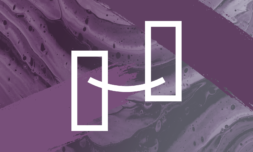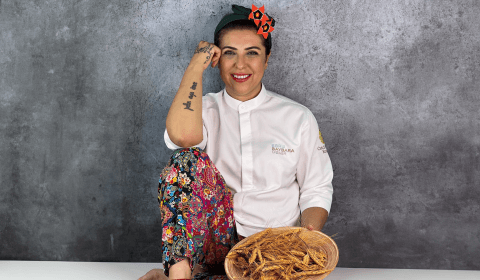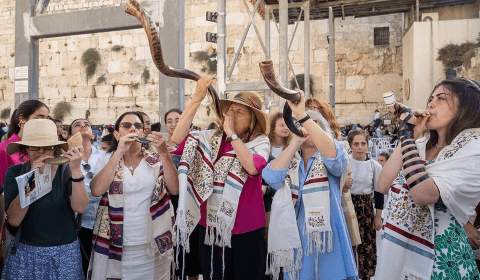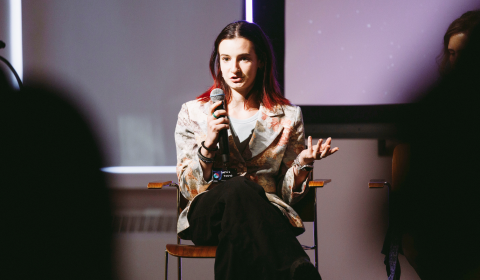Artik offers creatives a way to provide one another with honest, concise feedback on their work. We spoke to founders Allegra and Hadi about the business and their ambitions to redefine modern art communities.
If you’re a young artist trying to make a name for yourself you may want to check out Artik, a new start-up that’s developing a brand-new feedback-based experience via your smartphone.
First established in 2018, Artik is an app that allows users to post images of their own, original artwork and receive anonymous feedback from others. You can swipe through different pieces, respond with a paragraph of information, and even set up a closed group to get properly stuck in and collaborate with friends or colleagues.
Artik offers real time updates and stats on the types of comments your work is receiving, and you can adjust and adapt your own creative methods in accordance with easily understandable data.
If all this sounds unique it’s because it is. With an impressive UI and a refined, stylistic brand, it’s hard not to wonder what could be possible in the future, especially so early on in the company’s life.
We sat down with its founders Hadi and Allegra over Zoom to chat all things art, creating a more democratic industry, and striving to allow better and open communication between peers. You’ll be up and running on Artik in no time – with a ton of new people and feedback to wrap your head around.

Photo by: Nathalie Samen
How did the idea for Artik come about?
For both Hadi and Allegra, inspiration for Artik came from similar experiences within the art industry both during university and as postgraduates. Hadi remembers how crucial community discussion was in developing his skills while studying to be a painter full time.
‘I went to RISD in the United States. One common thing across every major, whether it be painting or architectural design, was a weekly get together where we’d spend a full day critiquing each other’s work.’ These regular examinations and studies helped him to explore new ideas and progress as a creative, a tool that he found was only really available whilst at RISD.
‘Once I graduated I moved to LA where I had my own studio. It was very different. At university I had a shared space surrounded by my painting peers and there were all these great conversations happening, but in LA I was working alone and my work started to plateau very obviously and quite quickly.’
This sudden drop off in communal feedback and honest critique motivated Hadi to create a new platform that encouraged honest artistic chat. To that end, Allegra notes that the main drive behind the app is to give creatives a feeling of ‘community’ and ‘helping one another grow’, preserving and maintaining the productive connections usually only found in formal, academic settings.

Photo by: Nathalie Samen
These discussion groups don’t have to be local or based on one campus, either. The beauty of an app like this is its potential to be international and open to anyone. Allegra says that a big goal for the project is to ‘create a new space where all can have access to global feedback simultaneously.’
‘It’s an opportunity to democratize art as a platform and increase feedback for everyone, especially those who typically have less access to new ideas and audiences.’ A big focus is on intergenerational communication and, ultimately, exposure to different perspectives and surprising comments that you’d otherwise miss.
‘We want artists to fall back on this platform whenever they have doubt or need a second opinion. It’s a place where creatives from different industries can cross paths.’






















